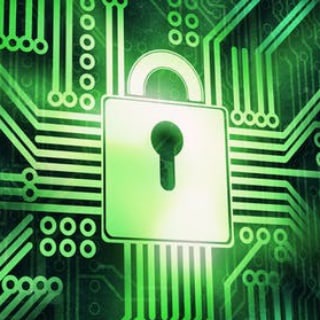In the realm of cybersecurity, one of the constant concerns is the security of our passwords. A recent revelation has brought to light one of the largest password dumps in recent history, raising alarms about the vulnerability of our online accounts. However, there’s a silver lining – there’s an easy way to find out if you’re at risk and take steps to secure your online presence.
1. The Threat of Password Dumps:
- A password dump refers to a collection of usernames and passwords that have been compromised and exposed by cybercriminals. These dumps can contain login credentials for various online services, from email accounts to social media platforms and more.
- When a password dump occurs, it puts countless individuals at risk of unauthorized access to their accounts, identity theft, and other cybersecurity threats.
2. The Scale of the Issue:
- The recent revelation of one of the largest password dumps in recent history has sent shockwaves through the cybersecurity community. The sheer volume of compromised credentials highlights the magnitude of the problem.
- These dumps are often traded on the dark web, where cybercriminals can purchase them for malicious purposes.
3. Check Your Exposure:
- The good news is that there’s an easy way to find out if your email address or password is part of a known breach. Several online tools and websites allow you to check if your credentials have been compromised.
- Websites like “Have I Been Pwned” provide a simple and effective way to check if your email address or password has been included in any known data breaches. By entering your email address, you can receive immediate feedback on your exposure.
4. Strengthen Your Passwords:
- If you discover that your credentials have been compromised, it’s crucial to take action immediately. The first step is to change your passwords for the affected accounts.
- Additionally, consider adopting strong password practices, such as using unique and complex passwords for each online service and enabling two-factor authentication wherever possible.
5. Password Managers:
- Password managers can be invaluable tools in maintaining strong and secure passwords. These applications generate and store complex passwords for your accounts, ensuring that you don’t reuse passwords across multiple services.
- Many password managers also offer breach monitoring features, alerting you if your credentials appear in a new data breach.
6. Stay Informed and Vigilant:
- Cybersecurity threats are ever-evolving, so it’s essential to stay informed about the latest breaches and security best practices.
- Regularly monitor your accounts for any suspicious activity, and report any unauthorized access immediately.
7. The Importance of Cyber Hygiene:
- Maintaining good cyber hygiene is crucial in the digital age. This includes regularly updating your software and devices, being cautious of phishing attempts, and using secure, unique passwords for your online accounts.
In summary, the recent revelation of a massive password dump serves as a stark reminder of the importance of cybersecurity. The sheer scale of compromised credentials highlights the need for individuals to take proactive steps to protect their online accounts. Checking if your email address or password has been part of a known breach is a simple but crucial first step. By staying vigilant, practicing good cyber hygiene, and using tools like password managers, individuals can fortify their defenses against cyber threats and reduce their risk of falling victim to unauthorized access and identity theft.
